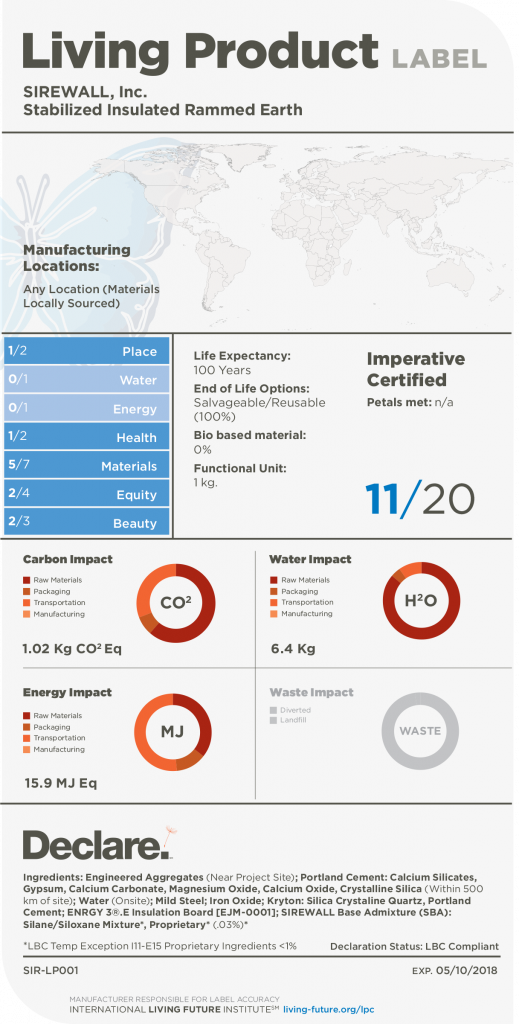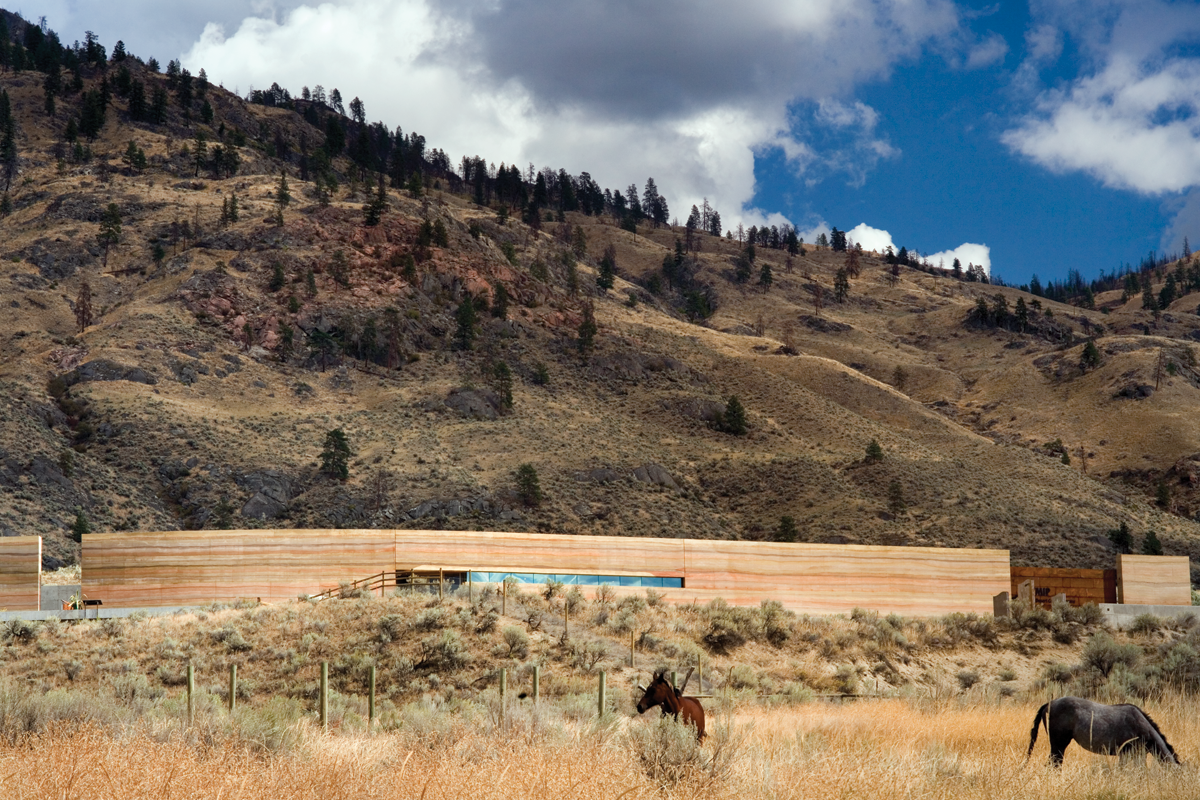Full case study coming soon.
OWENS CORNING & SIREWALL REIMAGINE MANUFACTURING FOR RADICAL CHANGE IN ENERGY, WATER, HAPPINESS
(Seattle, May 25, 2016) Imagine a product that functions as elegantly and efficiently as anything found in the natural world. Now imagine that product is manufactured for use in buildings, which are responsible for a majority of greenhouse gas emissions, and you begin to see how a truly sustainable product, used to build a Living Building, might significantly impact climate change. That’s the idea behind the Living Product Challenge, launched by the International Living Future Institute in 2015; a challenge that was met by two forward thinking companies just one year later: Owens Corning and SIREWALL, who have received certification for the world’s first Living Products.
“We are pleased to award the world’s first Living Product certifications to two companies who have diligently and passionately pursued a radical re-thinking of how their products are designed, sourced, manufactured and eventually reclaimed–ushering what we believe will be a new era of regenerative manufacturing,” said James Connelly, director of the Living Product Challenge for the Institute. “This is a first for industry: Owens Corning and SIREWALL have not only demonstrated leadership and innovative thinking, they have also engaged in an ‘open innovation strategy’ by sharing their journey to LPC certification with other companies engaged in the Living Product 50, a collaboration of leading manufacturers on the path to becoming Living Products.”
When fully certified, a Living Product is locally sourced with renewable or bio based materials, and is manufactured by processes powered only by renewable energy and within the water balance of the places they are made. Living Products should not endanger or impair the health of those who manufacture or use them, and should improve our quality of life and bring joy through their beauty and functionality. On the path to full certification, products can pursue Imperative certification by meeting at least seven of 20 Imperatives in the categories of Place, Water, Energy, Health, Materials, Equity and Beauty.


